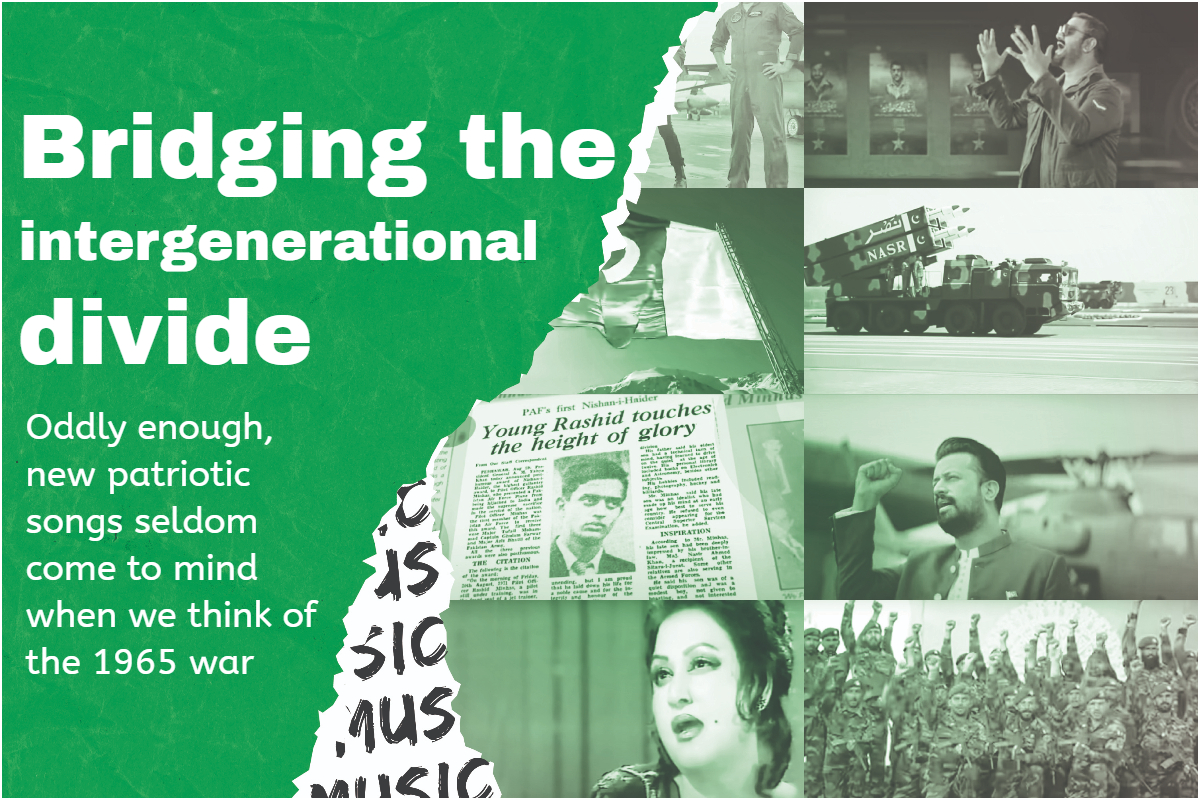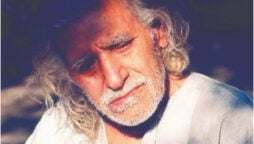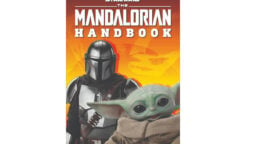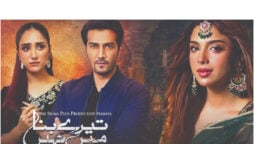
Bridging the intergenerational divide
Oddly enough, new patriotic songs seldom come to mind when we think of the 1965 war
American songwriter, lyricist and composer Irving Berlin — known for penning the classic ‘God Bless America’ — once wrote that a patriotic song is essentially “an emotion”. Berlin’s observation is difficult to discredit. A patriotic song must awaken a sense of community in the hearts and minds of listeners. Without eliciting a sincere emotional reaction, such melodies would fall flat and eventually lose their validity. A potent patriotic ballad must become the measure of a listener’s imagination and evoke a memory or feeling that conveys one’s admiration for the nation.
In Pakistan, patriotic songs gain widespread popularity on special occasions in the nation’s calendar, such as Independence Day, Republic Day or Defence Day. In recent years, numerous singers have churned out fresh melodies to mark these important events in the country’s history. Sahir Ali Bagga, Atif Aslam, Ali Zafar and Shafqat Amanat Ali are among the singers who have contributed to the recent body of patriotic music.
A vast majority of these songs have been recorded as part of institutional efforts to celebrate Defence Day and reminded the public about the sacrifices rendered in the 1965 war. In 2021, the Pakistan Air Force (PAF) released a song titled Mein Ura, which was written, sung and composed by Ali Zafar. The video of the song featured captivating visuals of fighter jets dotting the skies to pay homage to the services of PAF heroes who sacrificed their lives in the war. Another song titled Humain Pyar Hai Pakistan Se, which was released a few years ago and was sung by Atif Aslam, also gained considerable popularity. In 2020, Ali Hamza, Ali Azmat, Ali Noor and Asim Azhar joined hands and sang Har Ghari Tayyar Kamran. The song paid rich tributes to the services rendered by the military. As a musical composition, Har Ghari Tayyar Kamran stands out a valuable addition to the songs that draw attention to 1965 war. Modern techno beats have been interspersed with the military instruments of the Army School of Music to create a rich melody that is unforgettable and poignant.
Oddly enough, these aren’t always the first songs that come to mind when we think of the war. Instead, vintage melodies, which have been sung by Naseem Begum, Noor Jahan and Mehdi Hassan and rehashed through various modern renditions, are often preferred over the new variety of patriotic ballads. Does this, by implication, suggest that the new songs aren’t as deeply embedded into the public imagination as they should be?
In an effort to conduct an independent investigation on this phenomenon, I carried out a survey a few days prior to Defence Day. A small group of people over the age of 30, including men and women, were asked what patriotic songs came to mind when they thought of Defence Day. Respondents were then asked to justify their choice of songs. The exercise, though far from representative and somewhat arbitrary, proved to be intriguing and revelatory.
“Yeh watan humara hai,” one of the respondents said. He had evidently misquoted the title of Mehdi Hassan’s iconic Yeh Watan Tumhara Hai. Fuelled by a sense of mischief, I decided against giving the respondent the benefit of the doubt.
“I’m not sure I’ve heard that song,” I replied, feigning ignorance.
“It’s by Mehdi Hassan,” he wrote back. I heaved a long sigh, relieved that the respondent wasn’t as much of an ignoramus as I thought he was. When I asked him to justify his choice, he said he was partial to “old milli naghmay“.

Another respondent echoed this sentiment when he opted for Aye Rah-e-Haq ke Shaheedo — a song that has been sung by copious musicians over the decades. When he was grilled over his seemingly dated choice, the respondent struggled to find the appropriate words to convey his views. From what I gathered through the conversation that followed, the poignant lyrics of the song were ingrained in his psyche and drew him deeper into childhood memories of Defence Day celebrations.
A woman in her late twenties also opted for Aye Rahe Haq ke Shaheedo. She said: “I have chosen this song because it takes me back to my childhood — to Defence Day celebrations at school. Also, the depth of this song is unmatchable. The song mentions panj’tan — the five Islamic personalities who are known for their bravery. It does give you goosebumps when you think about how the heavens would welcome the martyred. The line bacha lia hai yateemi say kitnay phoolon ko highlights how the men in uniform managed to save the country from the horrors of war. It’s a song about a war that could have had an even worse impact had our forces not rendered their sacrifices. When you’re listening to this song, you can imagine how it could be used as motivation for soldiers at the border.’
The survey also brought with it some unexpected comic relief. “Pak Sarzameen,” came one reply, which was followed by the words “Noor Jahan” and “mere naghmay tumhare liye hain“. Even so, some of the more serious responses were discerning and raised some intriguing observations.
“Kabhi parcham mein liptay hain,” a 51-year-old respondent said. Stunned by her anomalous choice — a song by Atif Aslam that was released a few years ago — I was tempted to ask her why she had opted for a more recent song.
“I love this song,” she replied. “I always use it as background music for my Instagram stories on Defence Day.”
I was intrigued that she had stayed abreast of the spate of patriotic music that had emerged in recent years. Her response propelled me to recognise the intergenerational dichotomy that exists with regard to Defence Day. From a historical standpoint, Defence Day is observed on September 6 every year and marks the day when Indian troops crossed the border in 1965 to launch a retaliatory attack on Punjab following Operation Grand Slam. The Indian ambush is billed as an “unprovoked surprise attack by India”, which was quashed through our army’s might and ingenuity. For decades, Defence Day was commemorated with great fanfare and various public institutions played an indelible role in fostering empathy for the soldiers who sacrificed their lives in the 17-day war. As a consequence, younger people recognised the significance of commemorating the occasion and ostensibly went on to celebrate it with some gusto. Many of them, like the 51-year-old I had spoken to, had even kept themselves updated on the latest patriotic songs that were released on Defence Day.
The intergenerational divide raises some concerns about the erasure of the past. Over the last few years, Defence Day isn’t as widely commemorated as it was in the past. The soaring lack of interest in this calendar event is arguably one of the critical reasons why people could only ascribe old songs they had once heard to Defence Day when queried about it as part of my independent survey.
Moving forward, it is difficult to predict whether music alone can act as a catalyst in reminding future generations about the sacrifices rendered by our soldiers in the 1965 war. The existing body of music, though moving and potent, will only go so far in educating younger people about the conflict. At a time when vintage songs attract more popularity than the newer melodies, we have to find new ways of rebuilding the emotional responses that inspire patriotic feelings. A concerted effort needs to be made to ensure that 1965 war doesn’t pass into public amnesia. Various public and private institutions as well as the media must play their part in preventing these fragments of history from being lost.
At this critical juncture, most accounts about this significant historical event can only be found in textbooks. In subsequent years, television dramas should tackle the theme of the 1965 war so as to ‘humanise’ the conflict in the eyes of the public. In a similar vein, more fictional accounts on the events that transpired in a 17-day war must be produced. A notable example is Aamer Hussein’s autobiographical story titled ‘Electric Shadows’, which marries a family’s personal challenges during the war with the overarching political conflicts that assailed the country. The new generation of writers must also address these themes so as to build an emotional bridge between the past and the present. -Ends
Catch all the Bold News, Breaking News Event and Latest News Updates on The BOL News
Download The BOL News App to get the Daily News Update & Live News.












 Read the complete story text.
Read the complete story text. Listen to audio of the story.
Listen to audio of the story.